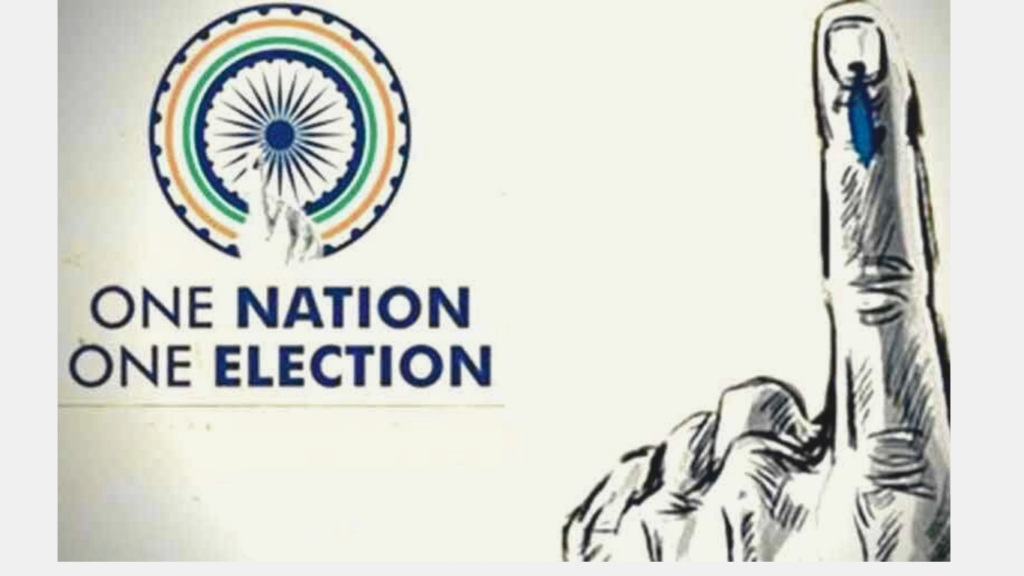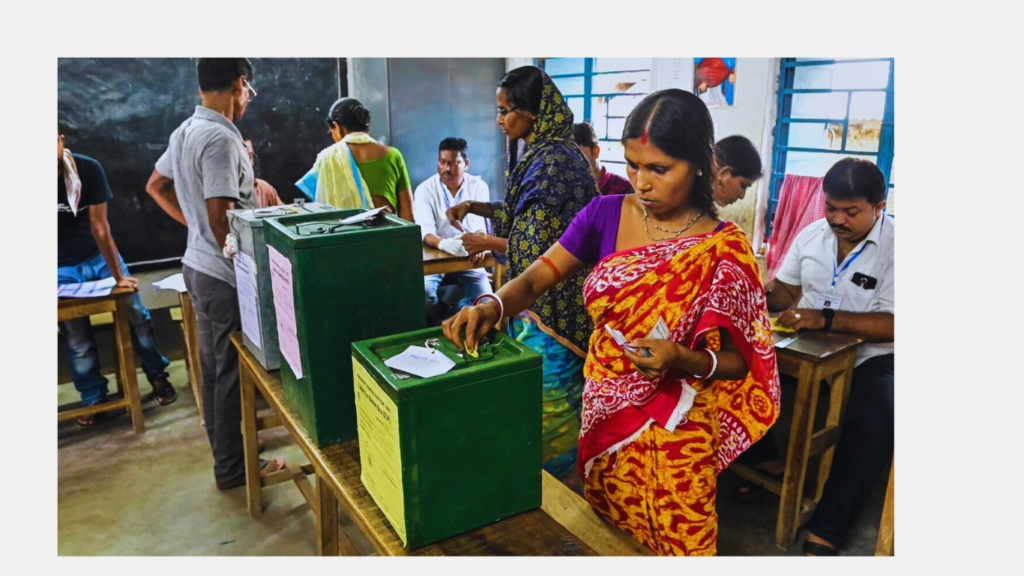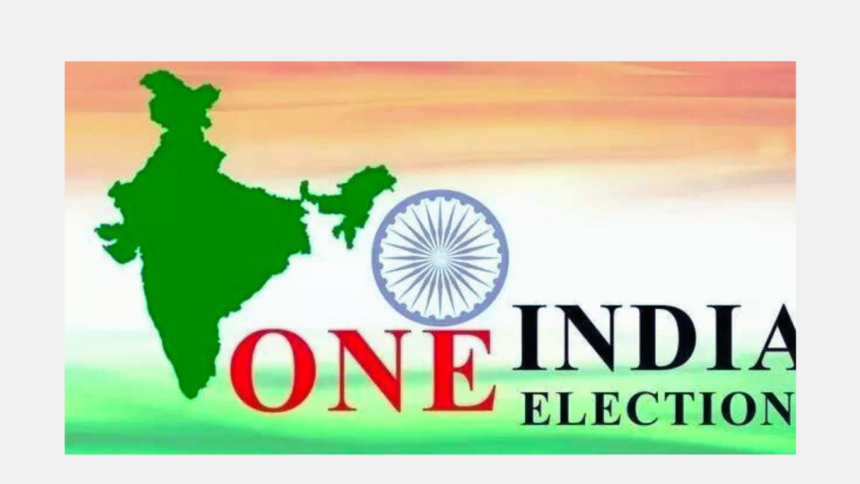“One Nation, One Election,” the idea of holding simultaneous elections for the Lok Sabha and State Assemblies, will be put into effect during the current term of the Narendra Modi government, according to sources. The government is hoping for support from all political parties, particularly those that are allies in the National Democratic Alliance (NDA). Senior government officials stated that the census, which hasn’t been conducted since 2011, will also start soon.
To Put It Briefly
One Nation, One Election
Among the BJP’s main election pledges is “One Nation, One Election.”
Report released soon before PM Modi begins his third term of 100 days.
A team chaired by Ram Nath Kovind even suggested conducting simultaneous votes.

Prime Minister Narendra Modi brought up the issue of simultaneous elections shortly after taking office in 2014, and during the previous term of the Modi government, a committee led by former President Ram Nath Kovind also investigated it and recommended holding simultaneous elections for the Parliament and Assemblies, followed by local body elections in 100 days. Mr. Modi had reaffirmed the government’s commitment to the move during his Independence Day address from the Red Fort’s ramparts, and he had appealed to all political parties to support this decision.
The Law Commission will probably suggest it in the near future as well. The Commission is expected to suggest simultaneous elections for all three levels of government (Lok Sabha, state assemblies, and local governments like municipalities and panchayats) beginning in 2029, along with a mechanism for unity government in the event of a no-confidence motion or hung house.
Prime Minister Modi said that regular polls were impeding the nation’s progress in his Independence Day speech last month, and he made a compelling case for “One nation, one election”.
“The nation has to come forward for ‘one nation, one election’,” he had stated.
According to government officials, the BJP had also pledged “One Nation One Election” in its manifesto, and they hope that all parties will agree to carry it out.

Nonetheless, the Opposition has vehemently disagreed with the concept, raising constitutional concerns.
The implementation would face difficulties in coordinating election cycles with the least amount of interruption to governance, and there is uncertainty about how to handle the breaks that would be necessary to bring all states into line with one another’s schedule. In situations involving the dissolution of Houses, President’s Rule, or even a hung Assembly or Parliament, there is also a glaring lack of clarity regarding the next steps.
Only on JioSaavn.com can you listen to the newest tracks.
Regional parties have noted that, given the clamour surrounding the Lok Sabha election, their restricted means may prevent them from drawing voters’ attention to local issues.
Concerning another issue is the ongoing expense of purchasing electronic voting machines, or EVMS. According to the survey panel, this will come to around ₹10,000 crore per 15 years.

